What Color Wire Goes to the Gold Screw on an Outlet?
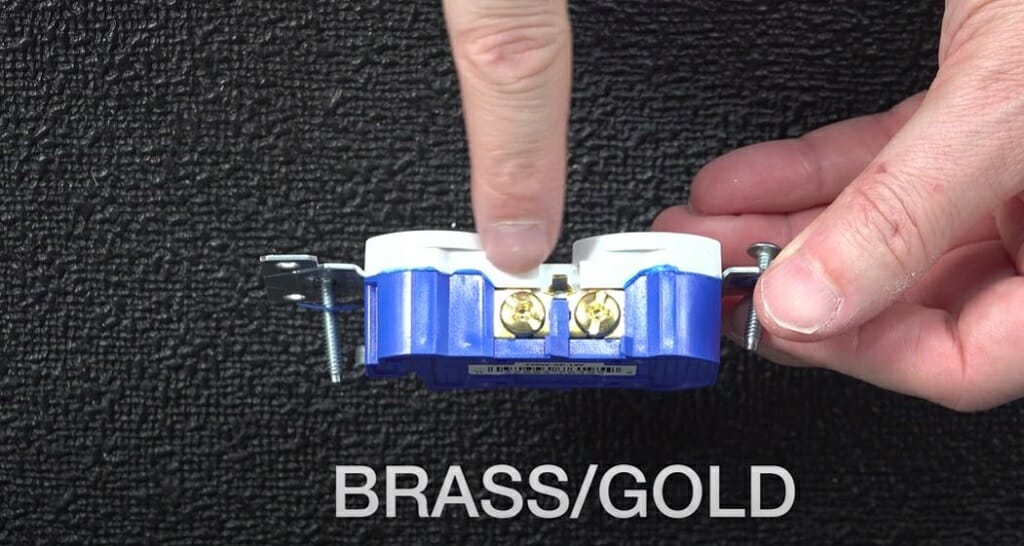
Having trouble identifying which wire goes to the gold screw on an outlet? In my article below, ill answer this and more.
You might be repairing your old outlet or installing a brand-new one. Either way, there is a good chance that you’ll have to deal with gold screws instead of the regular letter markings. Is the gold screw for the hot wire? Or is it for the neutral wire?
In general, the gold screw is allocated for the black wire (hot wire). If there is more than one gold screw, there is more than one hot wire. However, the gold screw might be recognized as a brass or bronze screw in some uses.
What Wire Should I Connect to the Gold Screw on Outlet?
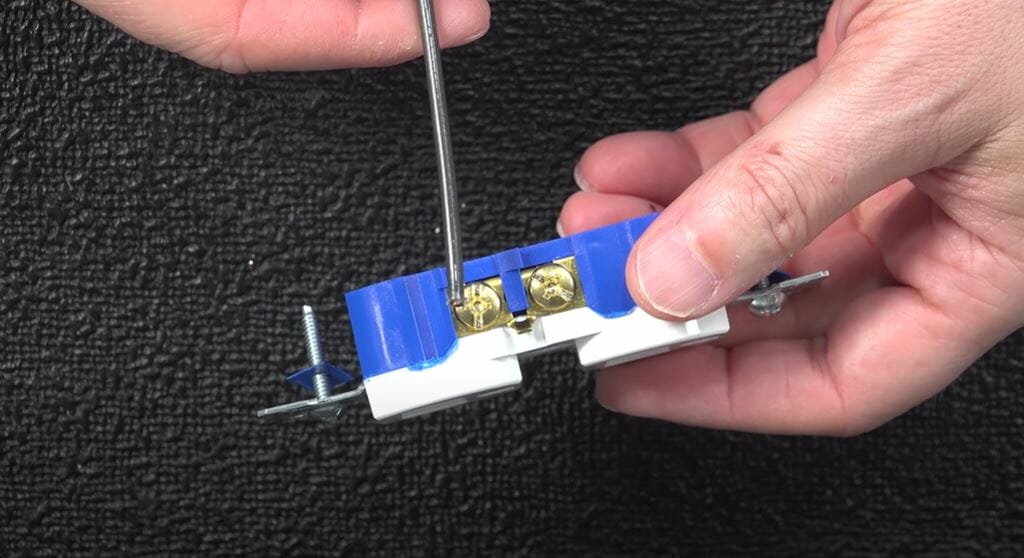
The black wire should be connected to the gold screw. And the black wire is the hot wire.
Quick Tip: Some may identify the gold screw as the brass or the bronze screw. But remember that all are the same.
Apart from the gold screw, you can find two more screws on an outlet. Also, you need a clear understanding of the color codes of electrical wires, and I’ll explain them in the next section.
Different Types of Electrical Wire Color Codes and Outlet Screws
Different parts of the world use different color codes to represent electrical wiring. Here are the standard color codes used in North America.
The hot wire should be black (sometimes one black and one red wire).
The neutral wire should be white.
And the ground wire should be green or bare copper.
Now, you know the hot wire (black wire) connects to the gold screw. But in most residential outlets, you’ll see another two terminals with different colors; a silver screw and a green screw.
Which Wire Connects to the Silver Screw?
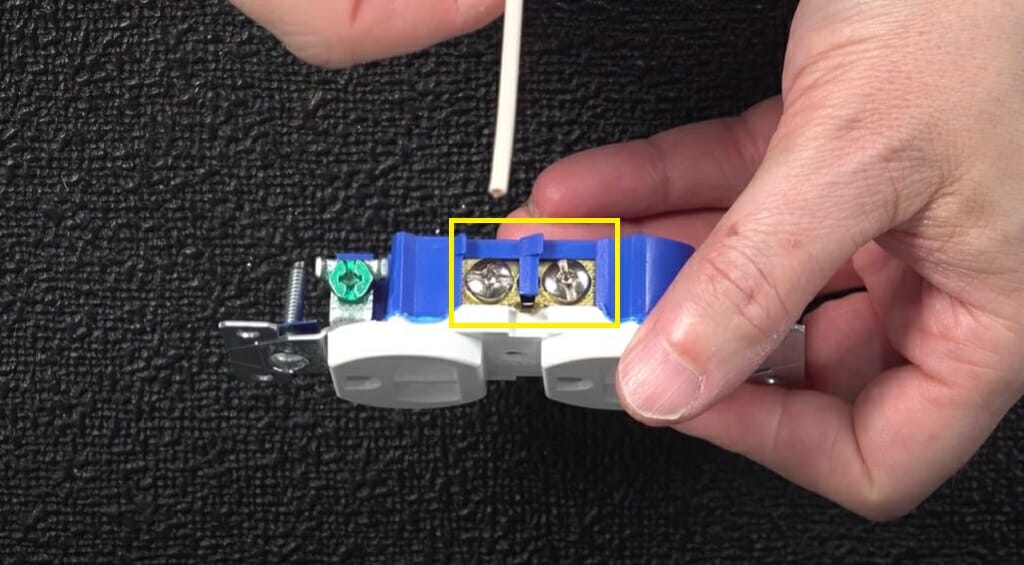
The neutral wire (white wire) connects to the silver screw.
Which Wire Connects to the Green Screw?
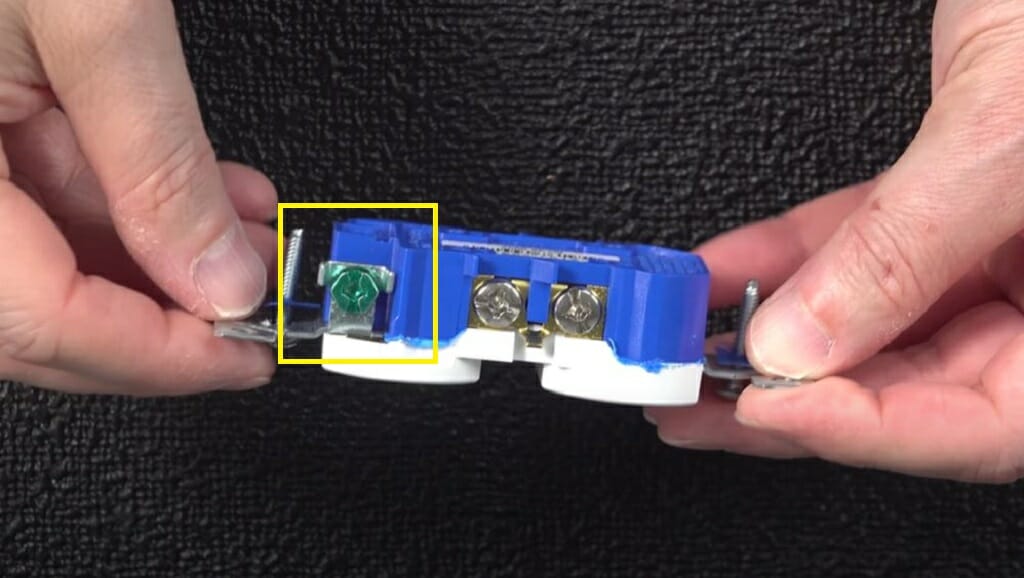
The green screw is for the ground connection. So, the bare copper wire or the green wire will connect to the green screw.
12/2 AWG and 12/3 AWG Wires Explained
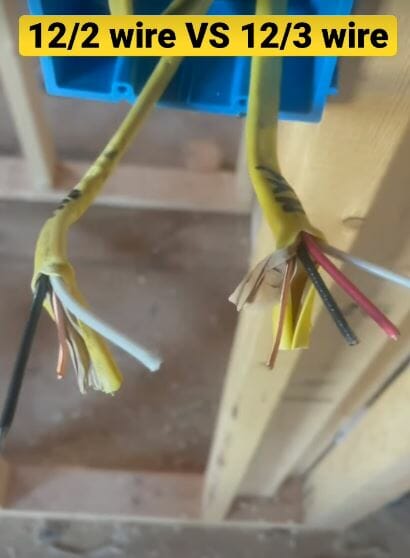
AWG stands for American Gauge Wires, and it is the standard for measuring electrical wire sizes in North America. Residential households often use 12/2 AWG or 12/3 AWG wires for outlets. (1)
12/2 AWG Wire
12/2 AWG wire comes with a black hot wire, a white neutral wire, and a bare copper wire. These three wires connect to the outlet’s gold, silver, and green screws.
12/3 AWG Wire
Unlike the 12/2 wire, the 12/3 wire comes with two hot wires (black and red), one neutral wire, and one bare copper wire. Therefore, the outlet should have two gold screws, one silver screw, and one green screw.
What Happens When I Connect the Hot Wire to the Silver Screw?
Connecting the hot wire to the silver screw or the neutral wire to the gold screw creates a reversed polarity inside the outlet. This is a potentially dangerous situation. Even if the polarity is reversed, the outlet will work just fine.
However, there will be an electrical charge to the unnecessary parts of the outlet. That means the appliance connecting to that outlet will be electrically charged. When this happens, there is a good chance that you might get shocked or electrocuted.
How to Identify the Reverse Polarity of an Outlet?
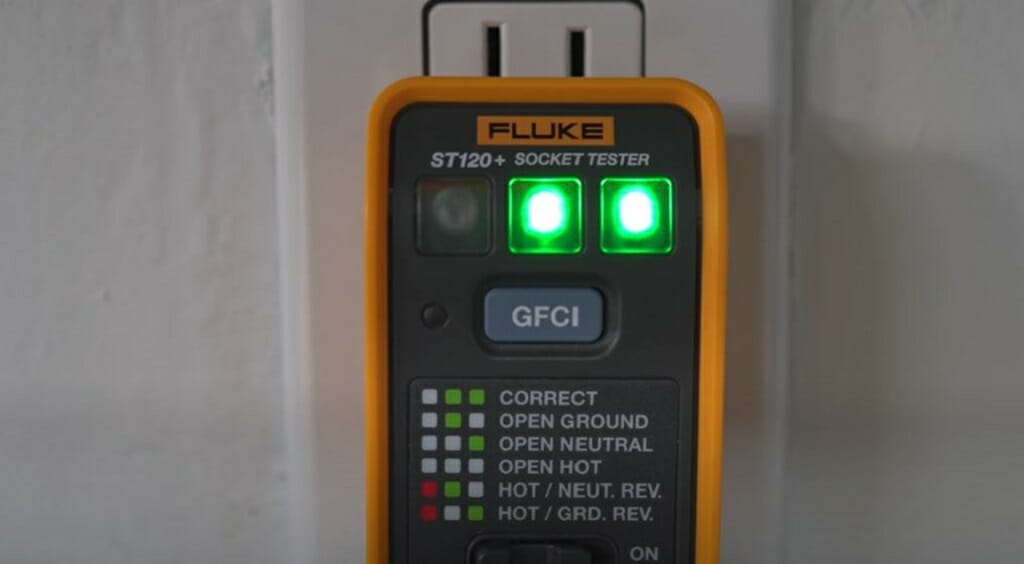
Using a GFCI plug-in tester is the best way to check for a reversed polarity on an outlet. To use this device, connect it to the outlet, and it will check the polarity of the outlet and ground connection. The plug-in tester will light up the two green indicators if everything is okay. (2)
Take a look at some of our related articles below.
- Why is the ground wire hot on my electric fence
- What happens if you connect white wire to black wire
- Where to find thick copper wire for scrap
References
(1) North America – https://www.bobvila.com/articles/gfci-outlets/
(2) GFCI – https://www.bobvila.com/articles/gfci-outlets/
Video References
Silver Cymbal
The Excellent Laborer
